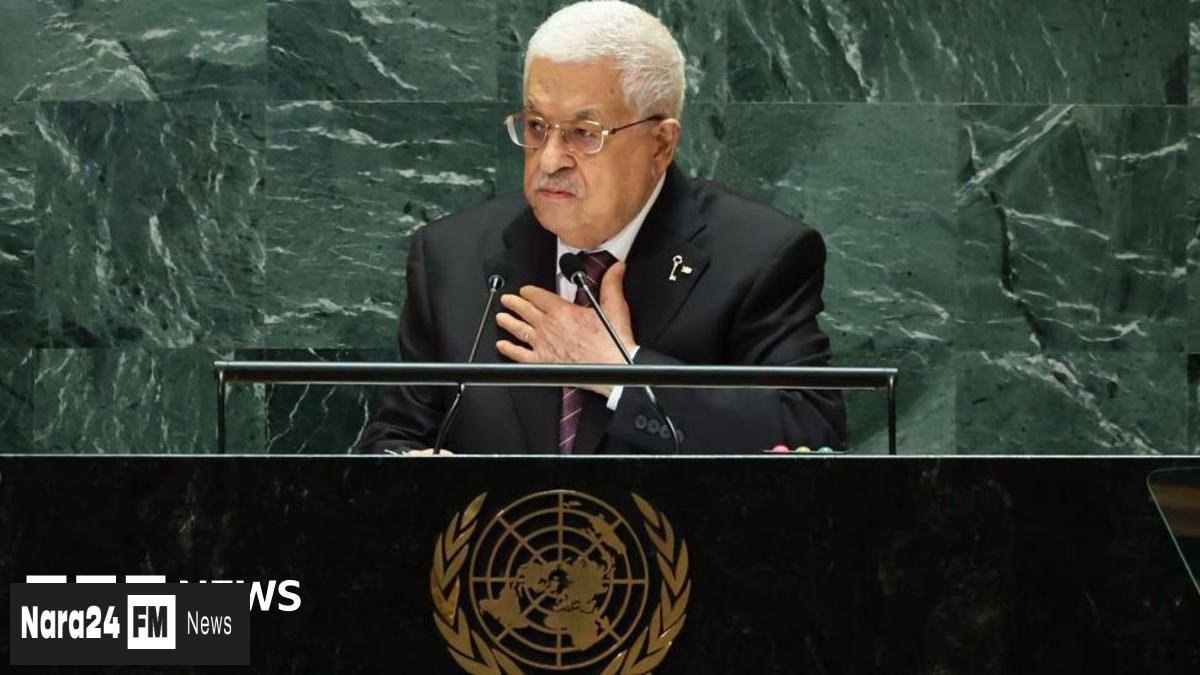In This Article
- US Visa Policy Announcement
- Rationale Behind the US Decision
- International Reactions and Diplomatic Moves
- Context of the Israeli-Palestinian Conflict
- Legal Implications and Treaty Obligations
- Recent Developments in the Region
Key Takeaways
- The U.S. is denying or revoking visas for senior Palestinian officials attending the upcoming UN General Assembly, citing their 'obstruction of peace initiatives' and pursuit of 'unilateral recognition' for a Palestinian state.
- The U.S. imposes conditions requiring the Palestinian Authority and PLO to 'unequivocally repudiate terrorism' and halt legal actions against Israel, referencing Hamas' October 7, 2023 attack.
- France, the UK, Canada, and Australia are leading global calls to elevate Palestine's UN status, while Israel's Netanyahu opposes recognition, dismissing it as a reward for Hamas' terror campaign.
- The U.S. visa policy risks violating the UN Headquarters Agreement, which mandates unrestricted access for delegates regardless of political tensions.
- The humanitarian crisis in Gaza, with over 63,000 fatalities, and the PLO's divided influence between Hamas-ruled Gaza and Fatah-controlled West Bank, highlight the complexity of Palestinian representation at the UN.
The United States has announced it will deny or revoke visas for senior Palestinian officials planning to attend next month’s UN General Assembly (UNGA) session in New York, a move Secretary of State Marco Rubio framed as a response to their “obstruction of peace initiatives” and pursuit of “unilateral recognition” for a Palestinian state. This rare diplomatic restriction raises questions about compliance with the UN Headquarters Agreement, which mandates the U.S., as host country, to facilitate access for international delegates regardless of political tensions.
Rubio emphasized that the Palestinian Authority (PA) and Palestine Liberation Organization (PLO) must first meet U.S. conditions, including “unequivocally repudiating terrorism” — specifically referencing Hamas’ October 7, 2023 attack on Israel — and halting legal actions against Israel at international courts. “Their actions contradict the prerequisites for being recognized as credible peace partners,” he stated.
The decision coincides with France leading global calls to elevate Palestine’s status during the UNGA meeting, backed by the UK, Canada, and Australia. Currently, 147 UN member states acknowledge Palestine, though the territory lacks defined borders. Israeli Prime Minister Benjamin Netanyahu has fiercely opposed such efforts, dismissing recognition as a reward for “Hamas’ terror campaign” and reiterating his rejection of the two-state solution, a longstanding diplomatic framework for resolving the conflict.
Since Israel’s military operation began in Gaza following the 2023 attack — which resulted in approximately 1,200 deaths and 251 hostages abducted — the region has faced unprecedented violence. The Hamas-run health ministry reports over 63,000 Gazan fatalities, while international law deems Israeli settlements in the West Bank unlawful. The PLO, which has held UN observer status since 1974, remains the primary representative of Palestinian interests at the global body, though its influence is fragmented by the division between Hamas-ruled Gaza and Fatah-controlled West Bank.
Legal analysts warn the U.S. visa policy could clash with its treaty obligations, as the UN Headquarters Agreement explicitly bars the host nation from restricting delegates’ attendance “irrespective of relations” between states. Meanwhile, advocates of Palestinian statehood argue recognition would bolster diplomatic leverage, though skeptics note it may have limited practical impact given the entrenched control of Israeli settlements and ongoing hostilities.
Recent developments in the region include:
- Israel’s recovery of an Israeli hostage’s body in Gaza, as reported by the IDF.
- UK barring an Israeli delegation from a European arms trade fair.
- Netanyahu’s controversial plan for a renewed military offensive in Gaza, drawing criticism from allies.
The U.S.’s stance deepens divisions within international diplomacy, as questions linger over whether visa restrictions will sway the UN’s upcoming deliberations or further isolate Washington’s position on the Middle East conflict.








Comments (0)
Leave a Comment
Be the first to comment on this article!